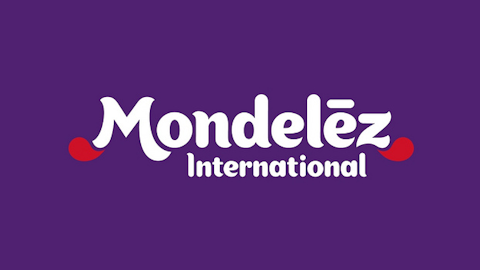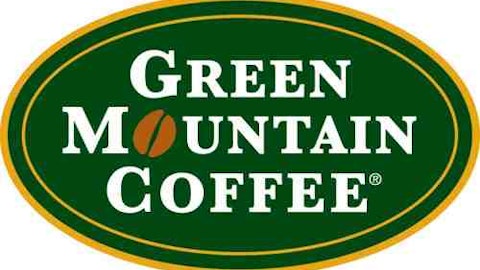U.S. sugar producers are bemoaning low-cost sugar imports from Mexico. After our trading partner increased sugar shipments to the U.S. from 6 million metric tons to 8 million during last growing season, producers said prices were pummeled, and it created instability in the sugar market.
Mind you, U.S. consumers pay twice as much as the rest of the world does for its sugar because the federal government subsidizes the industry and imposes ridiculously high tariffs on imports. In fact, sugar is the only major U.S. agricultural commodity for which the government takes a proactive position in managing imports. A few years back, when sugar prices were soaring, there was no similar complaint from the industry about the “volatility” they were experiencing.
Yet under the North American Free Trade Agreement, Mexico is exempt from the quotas and tariffs, so the influx of sugar from south of the border caused stockpiles to rise even though U.S. production was curtailed as a result of a dry growing season and a problem with discolored sugar at American Crystal Sugar. It still tasted sweet, but no one really wants off-color sugar.

So news that Mexico’s soft-drink industry was voluntarily buying up 400,000 metric tons of sugar was a welcome reprieve, even though the Mexican sugar industry’s trade rep said most of the exports to the U.S. were estandar sugar, or a raw, less refined product, and not white sugar.
That’s not likely to be a sweet sound to sugar users, however. A coalition of food and beverage manufacturers has pushed for reform of the subsidies being paid to producers to help their own bottom line.
The Hershey Company (NYSE:HSY), for example, saw a 290-basis-point increase in profit margins as a result of lower commodity costs in the second quarter, and year to date those lower costs have pushed adjusted gross margins 260 basis points higher. The Coca-Cola Company (NYSE:KO) switched to high-fructose corn syrup and aspartame years back because it’s cheaper than sugar, but it has also seen its so-called “Mexican Coke” — the sparkling beverage made with real sugar — develop something of a cult following. PepsiCo, Inc. (NYSE:PEP) itself introduced its “throwback” style of soda that’s made with real sugar to satiate the thirst of consumers looking for better taste.
Cereal maker General Mills, Inc. (NYSE:GIS) has also noted the trend toward healthier snacking, as the entire sector has taken off as breakfast, lunch, and dinner become less of an event. It’s become a “continuous consumption” trend that has sugar producers confronting changing habits in a bid to keep sugar relevant.
It also suggests that the politicians who voted to keep sugar prices high by defeating the subsidy reform bill are behind the times. That the industry is awash in product but Americans still pay prices that far exceed anyone else in the world shows that this transfer of wealth from consumers to corporations is not such a sweet deal. Margins at food and beverage makers will be pinched, and America’s sweet tooth may just be extracted.
The article Your Wallet’s About to Get Hit at the Checkout Line originally appeared on Fool.com.
Fool contributor Rich Duprey has no position in any stocks mentioned. The Motley Fool recommends Coca-Cola and PepsiCo and owns shares of PepsiCo.
Copyright © 1995 – 2013 The Motley Fool, LLC. All rights reserved. The Motley Fool has a disclosure policy.





